Julie V. Gottlieb
Feminine Fascism: Women in Britain’s Fascist Movement, 1923-1945
New York: I.B. Tauris, 2003.
“Feminine fascism” is a phrase that Julie V. Gottlieb uses to describe the forward-thinking, yet traditionally influenced, ideology embraced by Britain’s fascists. Their objective was not a return to the past, to a time when women were solely mothers and homemakers. Instead, the fascists in England combined traditional roles with the advances made in women’s suffrage and the workplace, and added a fascist bent of discipline and integrity.
Feminine Fascism: Women in Britain’s Fascist Movement is a chronological account of fascism in Britain, starting in 1923 with the country’s first fascist group, the British Fascisti, founded by Rotha Lintorn-Orman, a woman. The BF remained the predominant fascist organization until Sir Oswald Mosley’s British Union of Fascists (BU) was established in 1932. Feminine Fascism discusses the role of women in these two groups, details the unique form of feminism embraced by members, and ends with an account of the internment and trials of women fascists during World War II. The last quarter of the book provides brief biographies of the many women in fascist Britain.
Gottlieb, a senior lecturer in history at the University of Sheffield, has trouble wrapping her head around what attracted so many women to fascism, especially those who had campaigned for women’s suffrage. How could women embrace such seemingly different ideologies: women’s rights, on the one hand, and anti-democracy on the other? The answer is that fascism offered women the best of both worlds.
Britain’s fascists encouraged women to be traditional in many areas. Motherhood was valued and respected, as was homemaking. In fact, the Corporate State would include a Home Corporation, in which homemakers would have representation just like any other trade. An article in The Blackshirt explained, “only when women represent women will womankind attain its rightful influence.”
A primary goal of the fascist platform was allowing women to once again be homemakers, but they used forward-thinking methods to advance their ideology. Many British women were essentially forced into the workplace due to wage variances between the sexes. Employers preferred less costly female employees, which pushed many men out of jobs. All too many families experienced the trials of having a working mother, with the father at home tending the house and children, unable to secure a decent wage. The fascists knew that in the modern world, a platform that appeared to regress women’s rights would hold no sway. Thus, they supported equal wages for women, since equal pay would mean that more men could return to the workforce. As explained by Fascist Week:
Under Fascism women will not be compelled to resign, but encouraged to do so by the fact that, under Corporate State and the scientific methods of raising real wages, men will be able to afford to marry women—and women will not be compelled to earn their own living as they are at present. (125)
However, the fascists never insisted that career-minded women remain at home, recognizing that there were not only occupations suited to women, but also situations in which women would desire a career and need equal pay. Rosalind Raby, for example, claimed that fascism would allow the unmarried mother “to earn an honest living for herself and her child.”

But the biggest innovation in British fascism was its emphasis on character. Men were encouraged to have values of courage, strength, honour, and integrity. The aristocracy of money and class would be replaced in the Corporate State with a meritocracy. Likewise, British fascism presented an alternate form of femininity: one that included strength, courage, and fearlessness. During marches, women were not permitted to wear lipstick or wave at friends as if in a beauty pageant. These feminine fascists were described as healthy, attractive, charming, intelligent, and of strong character. They were motherly, but as wary of sentimentality as Julius Evola. A male writer described the women Blackshirts:
Nothing silly or soft about these women. They are nothing if not practical . . . and the happy carefree way in which they made themselves at home, was so refreshing after one has had their fill of the simpering little brats that democracy and Jewish films have produced. (95)
The combination of traditional and modern was seen in the BU women’s uniform of: a black blouse, grey skirt, and black beret. It was against regulations for women to wear trousers while on active duty.
Integrating Fascism into Everyday Life
British fascists grew in numbers, in part because they didn’t relegate their philosophy to just the political sphere, but participated in almost every aspect of members’ lives. Weddings included fascist regalia, and at some funerals a fascist flag was draped over the coffin. The Fascist Week printed the names of wedding guests just like the society pages of The Times.

Members of the BF organized Fascist Children’s Clubs, in which children were taught history, songs, patriotism, and given awards for homework. Other women had brooches designed with the BU lightning symbol, and made dolls dressed in the blackshirt for children. There also was a BU Women’s Choir. According to Gottlieb:
By celebrating each phase of life within a fascist framework, the BF in fact appropriated the functions once carried out by the Church and this substantiated their claim . . . that fascism was akin to a religion. (28)
In addition to the accolades given to real women, there were fascist heroines as well. The most notable was Queen Elizabeth, for her command of the nation and exemplary oratory skills. Another heroine was Lady Hester Stanhope, who worked as a housekeeper before traveling through the Middle East. E. D. Hart wrote:
Those women who, whether from choice or, as in the case of Lady Hester, from necessity, explore other walks of life, will find both assistance and encouragement. When, like her, they display the Fascist virtues of courage, self-reliance, and tenacity of purpose, we ascribe to them the honour which is their due. (97)
Blackshirts also banded together to disparage several less attractive types of women. One was the feminist with mannish, short hair, called the “bleating Bloomsbury.” Another was the “Mayfair Parasite,” who usurped the nation’s wealth and vitality by sleeping late and devoting her life to superficial pleasures. Being fit and healthy was considered a moral duty, for as one writer put it: “Far too many women consider it their privilege to be ill . . . just ill enough to pamper themselves and evade their share of the family work.” Communists often were referred to as “submen” and “subwomen.” Titled women did not escape criticism either. Those who earned money by advertising products were publicly chastised by BU members for degrading both themselves and their class.
Women’s Duties in Fascist Organizations
Women were involved in almost every area of Britain’s fascist groups, and made up about 25 percent of the membership. The Women’s Section of the BU was established in March 1933, under the leadership of Lady Maud Mosley. She said, “When my son married Lady Cynthia [Mosley’s first wife], she took her place by his side. Now she is dead and there must be someone to help him in this work and I am going to do my best to fill the gap” (52).
Mosley’s second wife, Diana, and her sister Unity Valkyrie Mitford became two of the best-known female fascists, but Feminine Fascism only lightly touches on their stories. Their aristocratic parents were extremely Right-wing and anti-Semitic, but when the 2nd Baron Redesdale supported England during the war, he and his Nazi-sympathizing wife permanently separated.
 Diana was married to Bryan Guinness when she met Mosley, and soon became his mistress. Mosley’s wife died suddenly of peritonitis in 1933 (though he was plagued the rest of his life that infidelities and political stress might have been the cause). Mosley and Diana were married at the home of Joseph Goebbels in 1936, with Hitler as guest of honor.
Diana was married to Bryan Guinness when she met Mosley, and soon became his mistress. Mosley’s wife died suddenly of peritonitis in 1933 (though he was plagued the rest of his life that infidelities and political stress might have been the cause). Mosley and Diana were married at the home of Joseph Goebbels in 1936, with Hitler as guest of honor.
Unity debuted the same year her older sister became Mosley’s mistress. The next year, Diana and Unity went to the 1933 Nuremberg Rally as part of the BU delegation, and saw Hitler for the first time. Unity returned to Germany the following year, eating at the same restaurant as the Führer for 10 months, until he finally asked her over. Unity wrote to her father of their meeting: “I am so happy that I wouldn’t mind a bit, dying. I'd suppose I am the luckiest girl in the world. For me he is the greatest man of all time.” Hitler, in turn, described Unity as “a perfect specimen of Aryan womanhood.” Their affections might have escalated, if not for a suicide attempt by Hitler’s mistress, Eva Braun. Though in love with Hitler, Unity devoted herself to making speeches, writing letters, distributing propaganda, and being one of Hitler’s intimate confidantes. On September 3, 1939, the day Britain declared war on Germany, Unity took a pearl-handled pistol (a gift from Hitler for protection) and shot herself in the head, unable to bear the thought of the two countries she loved at war. She survived and was eventually able to walk again, but never recovered her full mental capabilities.
While Unity was helping the cause on the continent, women Blackshirts in England spoke at meetings, organized children’s groups, sold newspapers, and participated in marches and canvassing. Study groups about fascism were established for women speakers, and women participated in public debates. But women did not forsake their traditional duties either: One woman reported that it was the fair sex who kept the BU headquarters clean and brewed tea for the men. Members who did not give five nights a week to the movement were denied the privilege of wearing the coveted blackshirt.
A relatively large number of women participated in local elections. In 1936, the BU ran 10 women candidates (10 percent of their parliamentary candidates), from a variety of backgrounds. (Six were unmarried, five were professionals, three were in their 20s, and two were from gentry families.) The various women received between 15 and 23 percent of the votes in their respective districts.

Women’s most valuable talents were said to be in public speaking, and numerous BU women were praised for their excellent oration and ability to move crowds. Other women were lauded for their ability to use personal stories in their speeches, which proved more powerful than simple recitations of facts. During a 1936–37 campaign, women decided to censor their speeches for tactical advantage. No speaker was allowed to use the word “Jew.” Instead, plain-clothed members were scattered throughout the audience to use the word instead, as the message was thought to be more rousing if coming from the public.
Women had roles to play in security and self-defense as well. Female members of several organizations were trained in ju-jitsu, for as Fascist Week reported, “no male member of the BU is permitted to use force upon any woman, and women Reds often form a highly noisy and razor-carrying section at fascist meetings. Thus we counter women with women” (66).
The Fallout During the War
As early as 1938, a division of MI5 was formed to place agents in subversive organizations. Three women agents provocateurs successfully infiltrated the popular fascist group, Captain Ramsay’s Right Club. After Britain entered WWII, the country started to resemble a totalitarian dystopia for fascist sympathizers. In October 1939, Anne Brock Griggs was charged with “insulting words and disturbing the peace” for saying in a speech: “If Germans don’t like Hitler they can get rid of him themselves. We do not need to send our sons to fight them. If ever a country wants a revolution now it is Great Britain” (236). She quit her BU post, but was still interned during the war.
Defense Regulation 18B(1A) went into effect in September 1939, and it allowed the Home Secretary to detain anyone suspected of being a threat to national security. That category included anyone who was a leader or member in a group that might be under foreign influence. Under 18B, 1,826 people were interned, including 747 BU members (96 of them women).
Sir Oswald Mosley was arrested in May 1940, the day after the Defense Regulations were passed. The BU was outlawed in June, and his second wife, Diana, was interned shortly after. She was denounced by both her sister Nancy (later a famous novelist and biographer) and her former father-in-law, and had to leave without her 11-week-old, still-nursing baby boy. Although the English public called for Unity Mitford to be interned as a traitor, she was allowed to return to the family home with her mother, since she was weak from her suicide attempt.
Interned women were given no special treatment in prison. When Miss L. M. Reeve was arrested, a group of armed guards came to take her from her home. One officer asked if he could have her dog, since she was “probably about to be shot.” One woman’s infant died while staying with her in prison, and another woman’s infant was pulled from her arms and placed in an institution. Part of the evidence against another woman was a photograph of her on vacation in Germany in 1939, seated at a table with bottles of German wine.
Fascists on the outside, though their organizations were banned, were still able to help their comrades via a registered charity founded specifically to help those interned under 18B. The charity helped pay for legal and medical services, provided assistance to detainees’ families, provided post-release counseling, and helped people find employment. Trials could only be held for those who could be charged with a tangible offense, so many men and women fascists were imprisoned for years.
The Impact of Feminine Fascism
The much-anticipated Corporate State never became a reality, and its philosophies and ideas were forced to the margins of history. Yet the lessons that can be learned from the events detailed in Feminine Fascism remain relevant to the leaders of future generations.
Eighty years ago, the fascists recognized that it would be impossible to shed the gains made in women’s rights. Rather than fighting against women’s “emancipation,” with which they ideologically disagreed, the fascists used it to their advantage. The result was a philosophy for women that honored the traditional, yet considered the needs of modern women. Fascists didn’t need to force women into the home or sell them on an ideology that contradicted the propaganda of the modern world; they realized that the moment women didn’t have to work the majority of mothers would return gladly to full-time homemaking. And given the precarious nature of homemaking as a profession, they planned ways for women to have representation and security in the Corporate State. The result was a platform that united women of various political persuasions, ages, and classes. Because it details the fascists’ unique outlook and strategy, Feminine Fascism makes a relevant handbook for those looking to learn from the successes and failures of history.
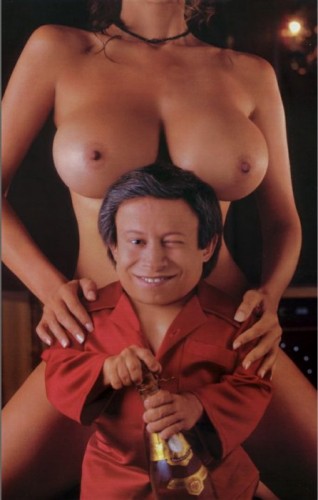




 paperback: $20
paperback: $20
 del.icio.us
del.icio.us
 Digg
Digg

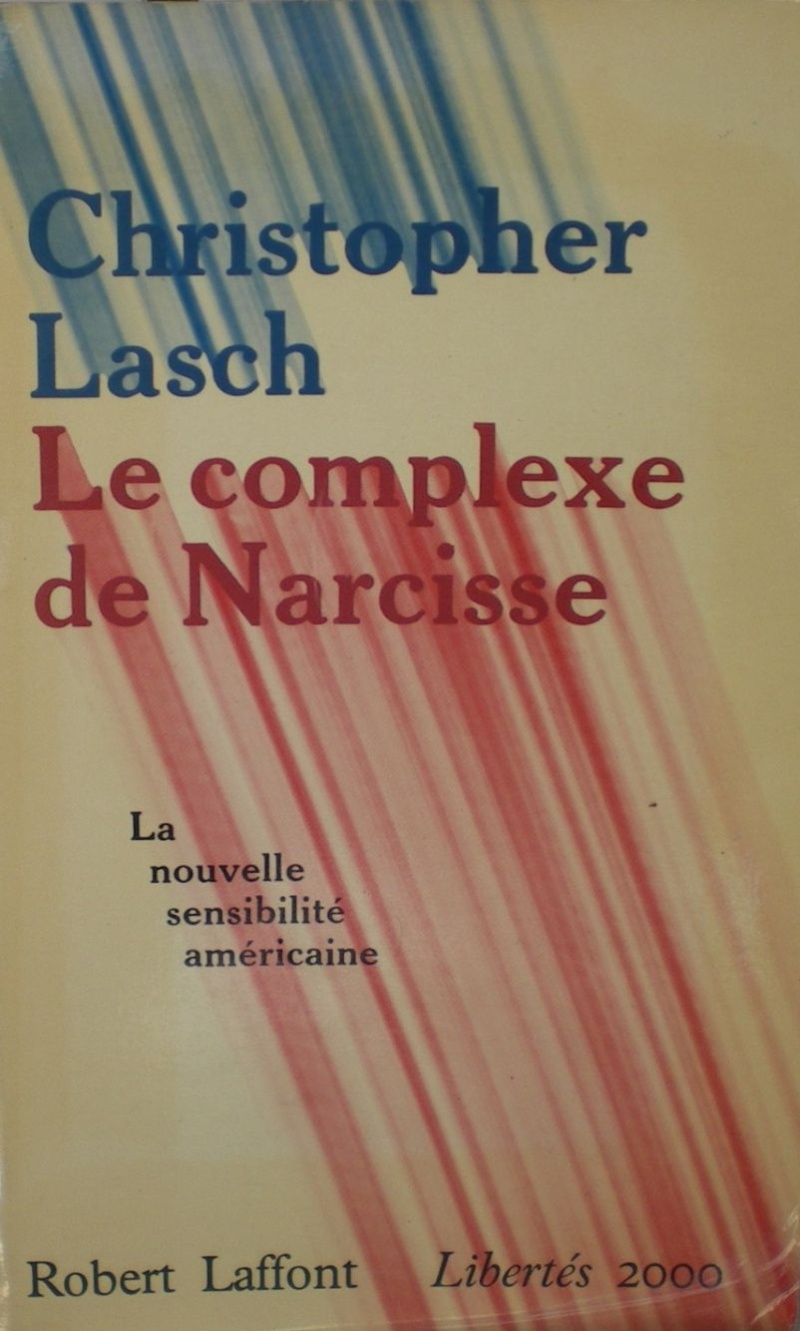

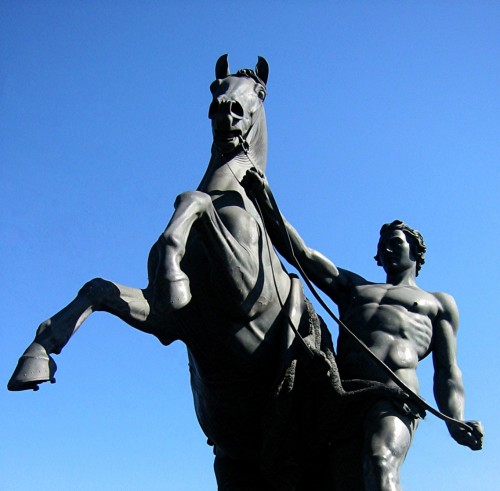
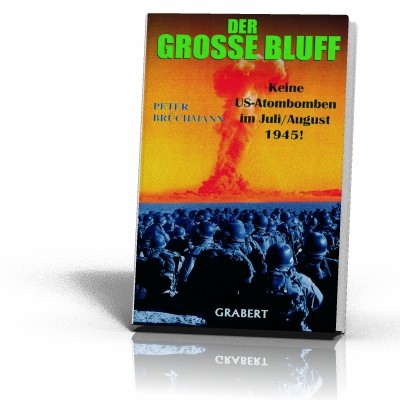



 Das Verdikt über das Unverständliche ist die Rache des Bürgertums an Autoren, von denen, wenn sie einer Erkenntnis folgen, es immer nur jenen Zipfel zu greifen bekommt, der als reine Bedeutung explizit wird. Die fetischisierten Bedeutungen markieren am deutlichsten das bürgerliche Desinteresse an jeder Form von réalisation. Schon dass es Erkenntnisse gibt, ist des Bürgers Sache nicht. Sie stören die Wonne seines Meinens. Die Rache pflegt desto grausamer auszufallen, je bunter der Zipfel war, den der Autor preisgab, je „schillernder“, je mehr zum interessierten Gespräch Anlass gebend, zum Skandal taugend.
Das Verdikt über das Unverständliche ist die Rache des Bürgertums an Autoren, von denen, wenn sie einer Erkenntnis folgen, es immer nur jenen Zipfel zu greifen bekommt, der als reine Bedeutung explizit wird. Die fetischisierten Bedeutungen markieren am deutlichsten das bürgerliche Desinteresse an jeder Form von réalisation. Schon dass es Erkenntnisse gibt, ist des Bürgers Sache nicht. Sie stören die Wonne seines Meinens. Die Rache pflegt desto grausamer auszufallen, je bunter der Zipfel war, den der Autor preisgab, je „schillernder“, je mehr zum interessierten Gespräch Anlass gebend, zum Skandal taugend.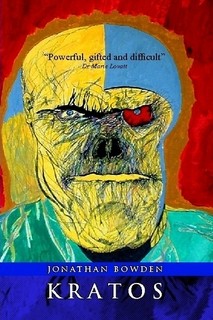



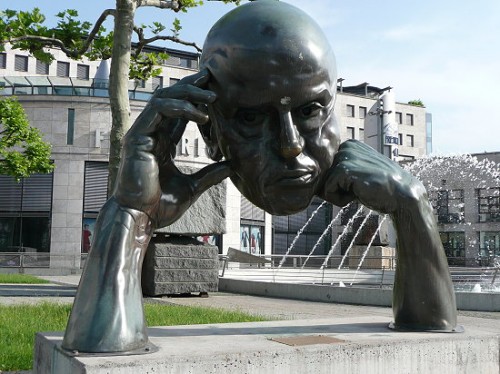


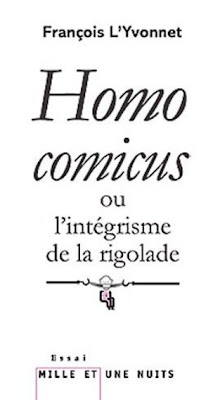

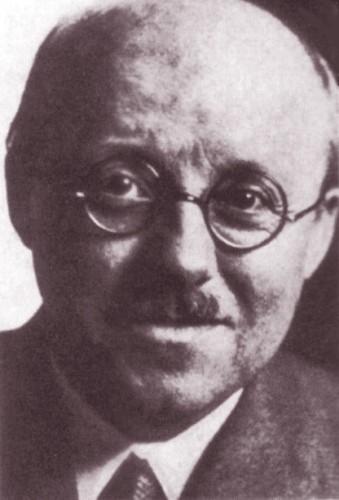

 As it turns out, and as many readers probably already know, the Marxist revolutions in the East succeeded in many places thanks to the ample funds supplied to them—consciously and voluntarily—by finance-capitalists in the West.
As it turns out, and as many readers probably already know, the Marxist revolutions in the East succeeded in many places thanks to the ample funds supplied to them—consciously and voluntarily—by finance-capitalists in the West.

 Diana was married to Bryan Guinness when she met Mosley, and soon became his mistress. Mosley’s wife died suddenly of peritonitis in 1933 (though he was plagued the rest of his life that infidelities and political stress might have been the cause). Mosley and Diana were married at the home of Joseph Goebbels in 1936, with Hitler as guest of honor.
Diana was married to Bryan Guinness when she met Mosley, and soon became his mistress. Mosley’s wife died suddenly of peritonitis in 1933 (though he was plagued the rest of his life that infidelities and political stress might have been the cause). Mosley and Diana were married at the home of Joseph Goebbels in 1936, with Hitler as guest of honor.